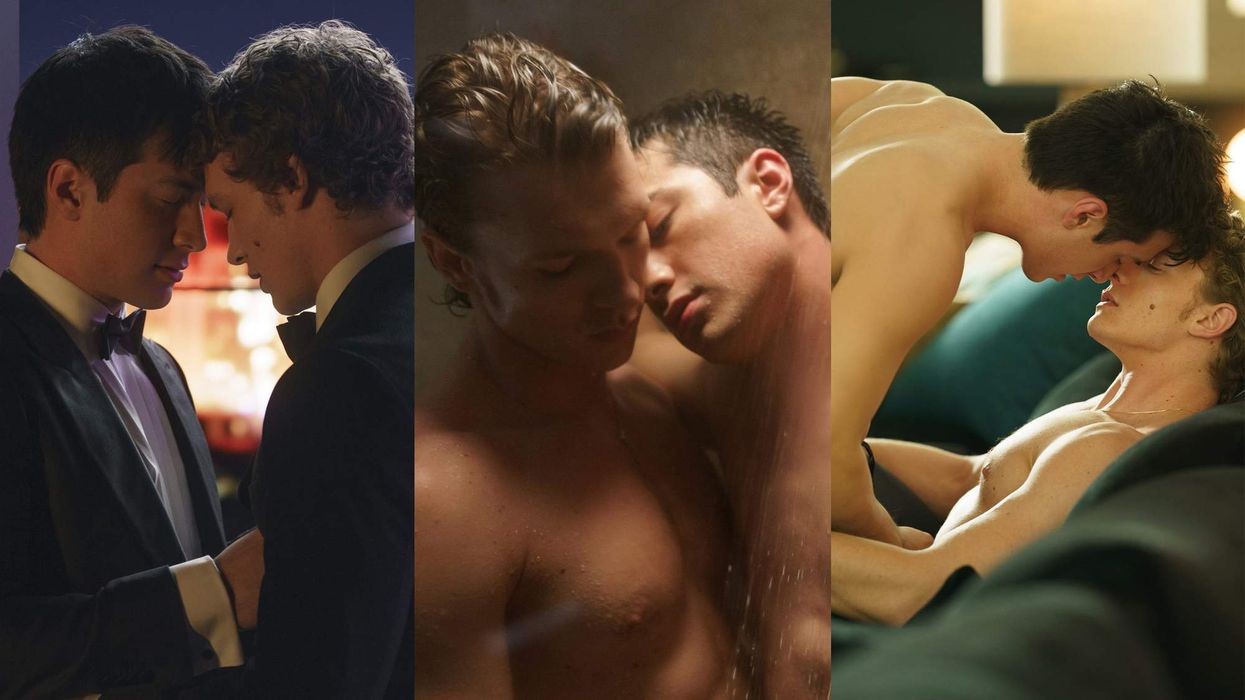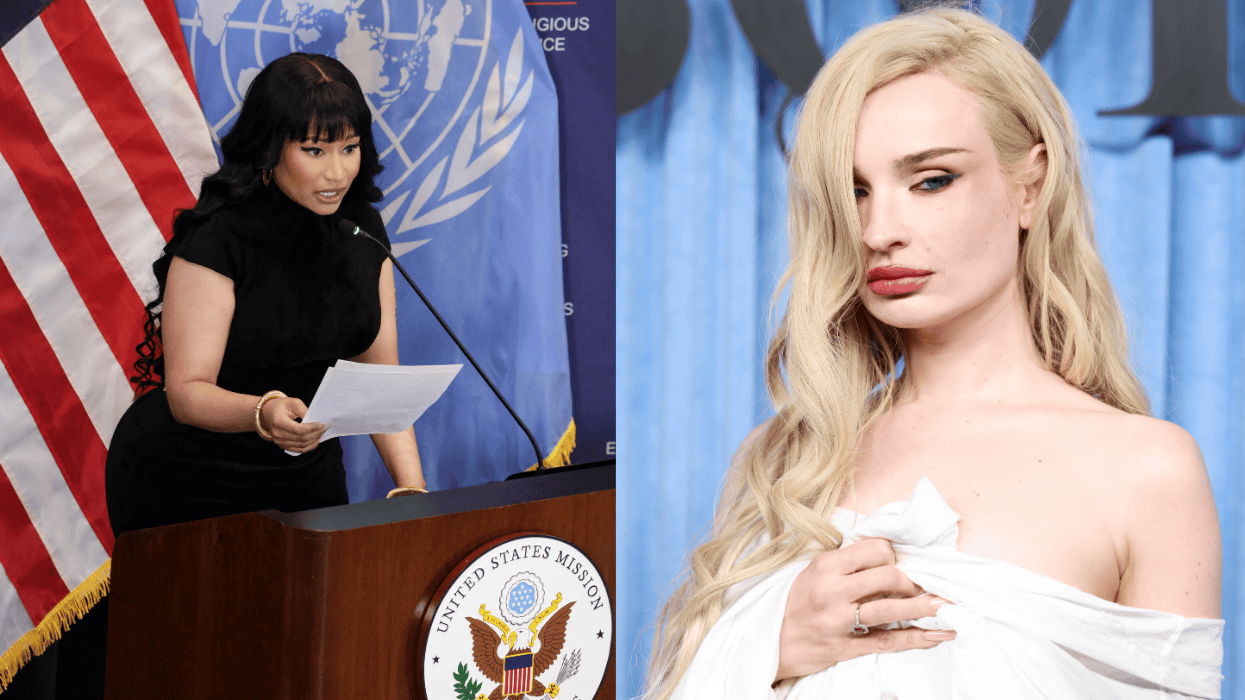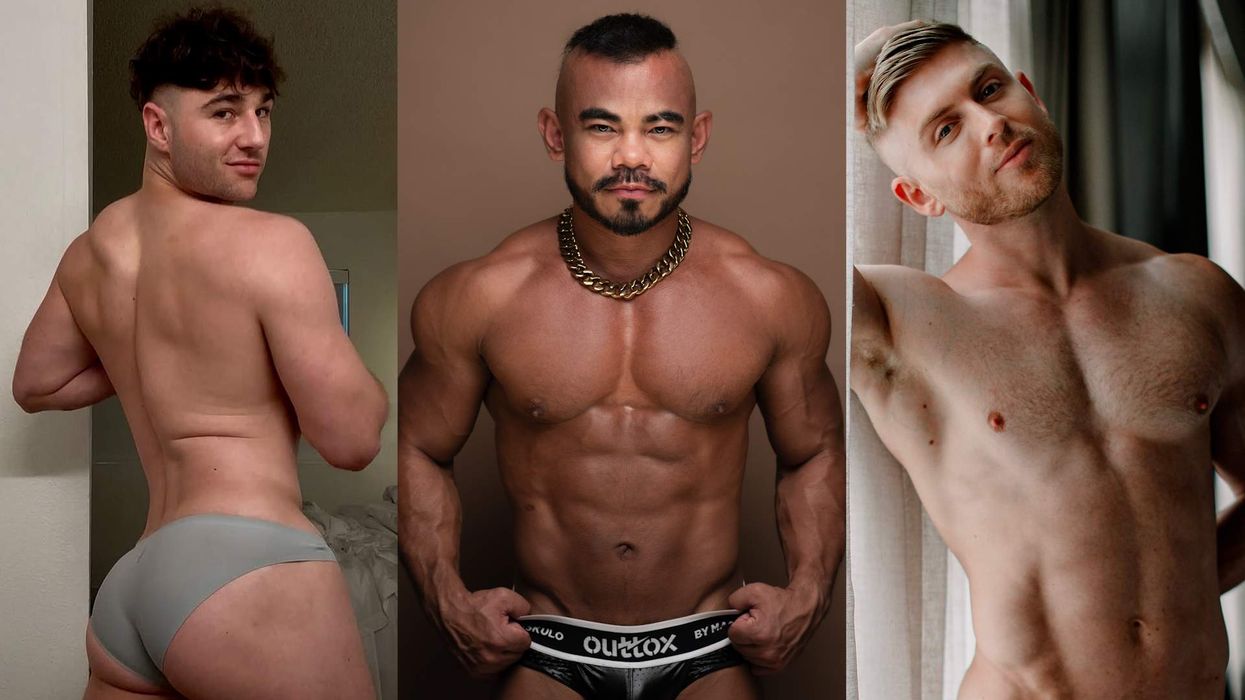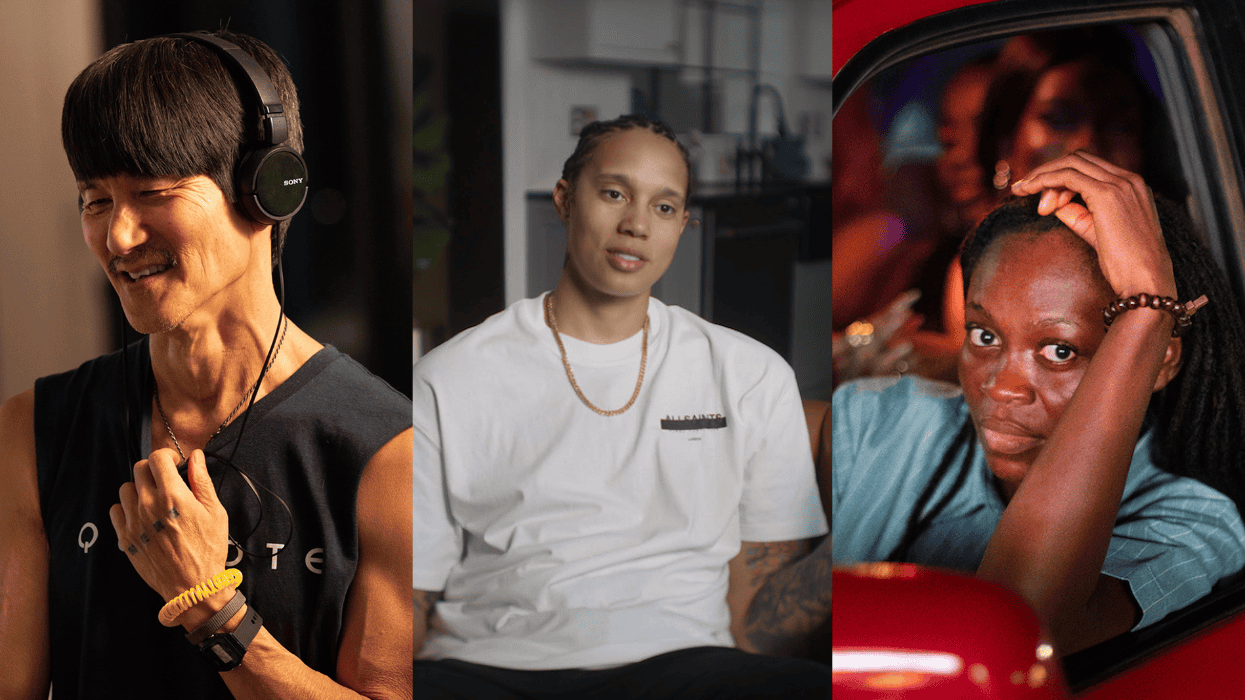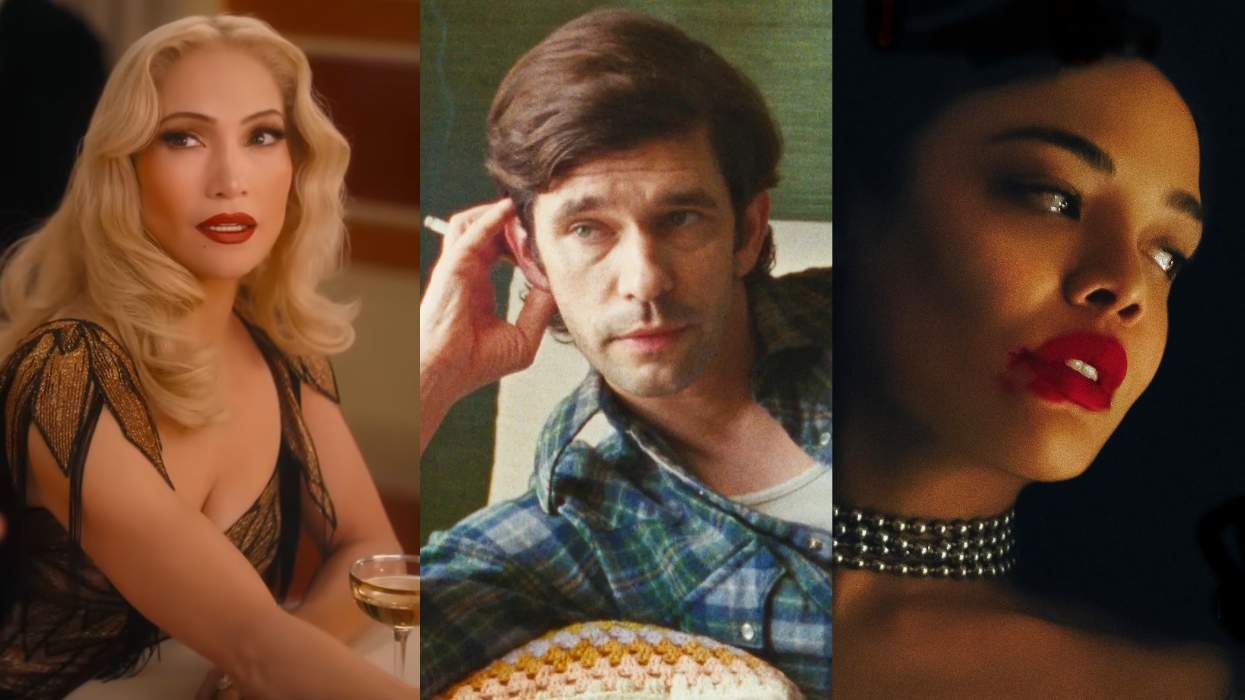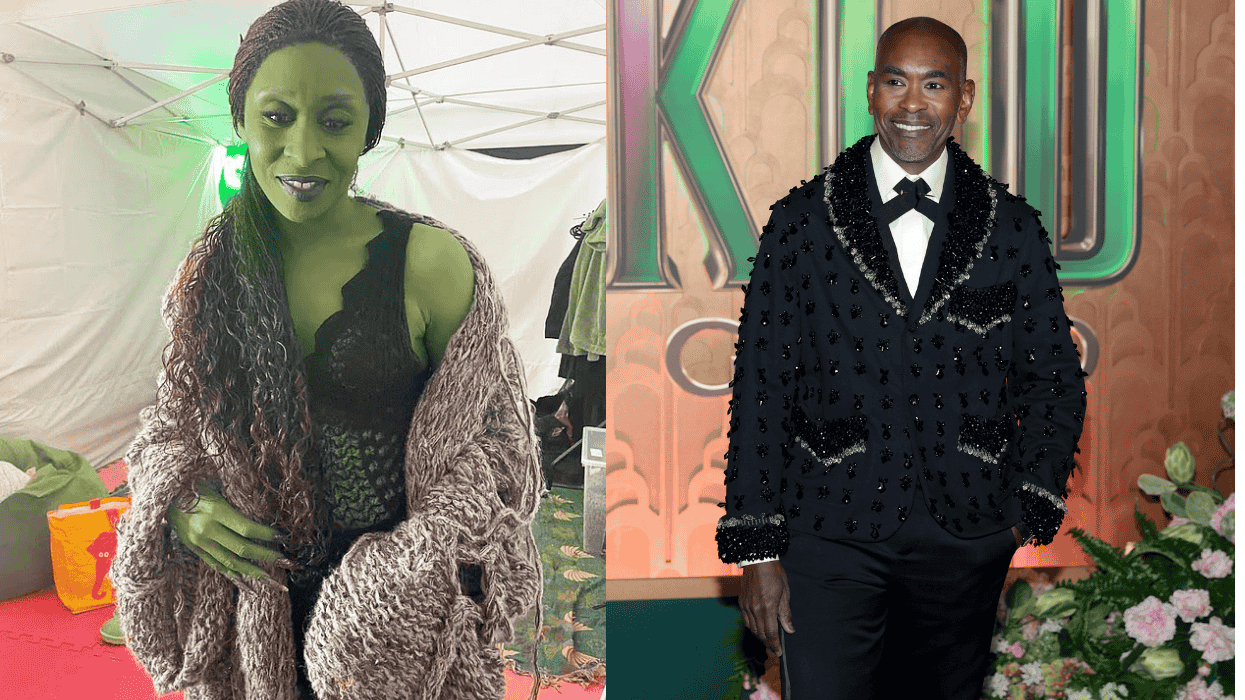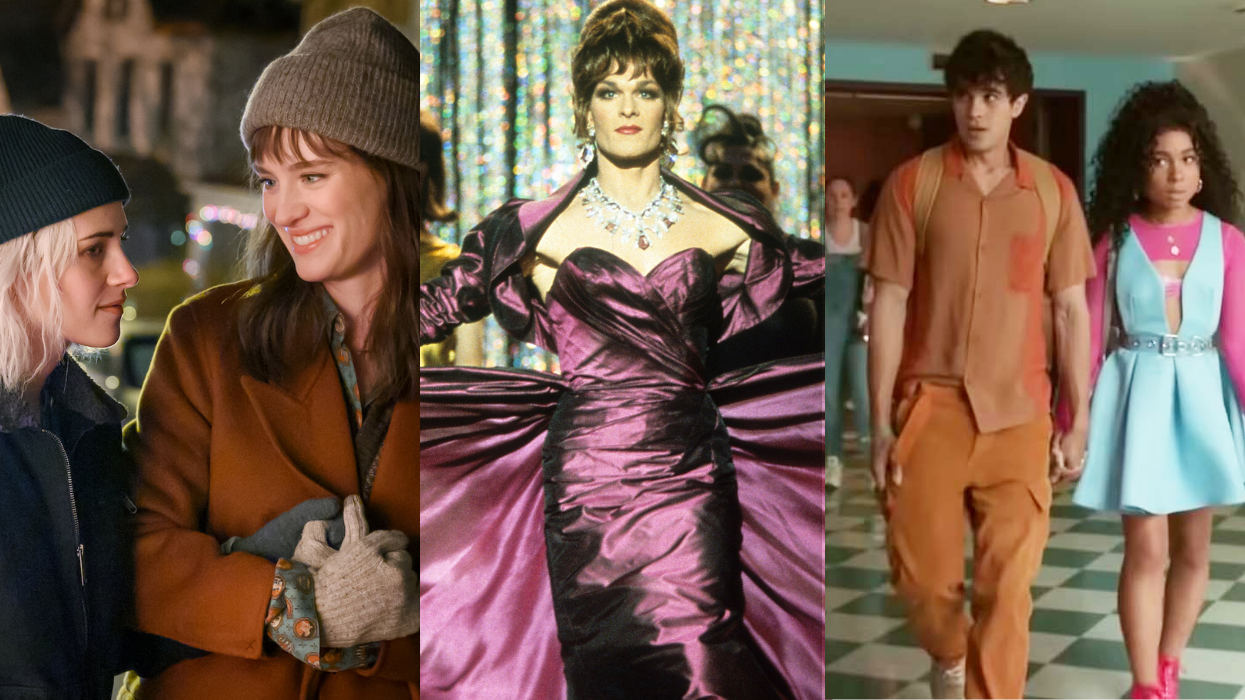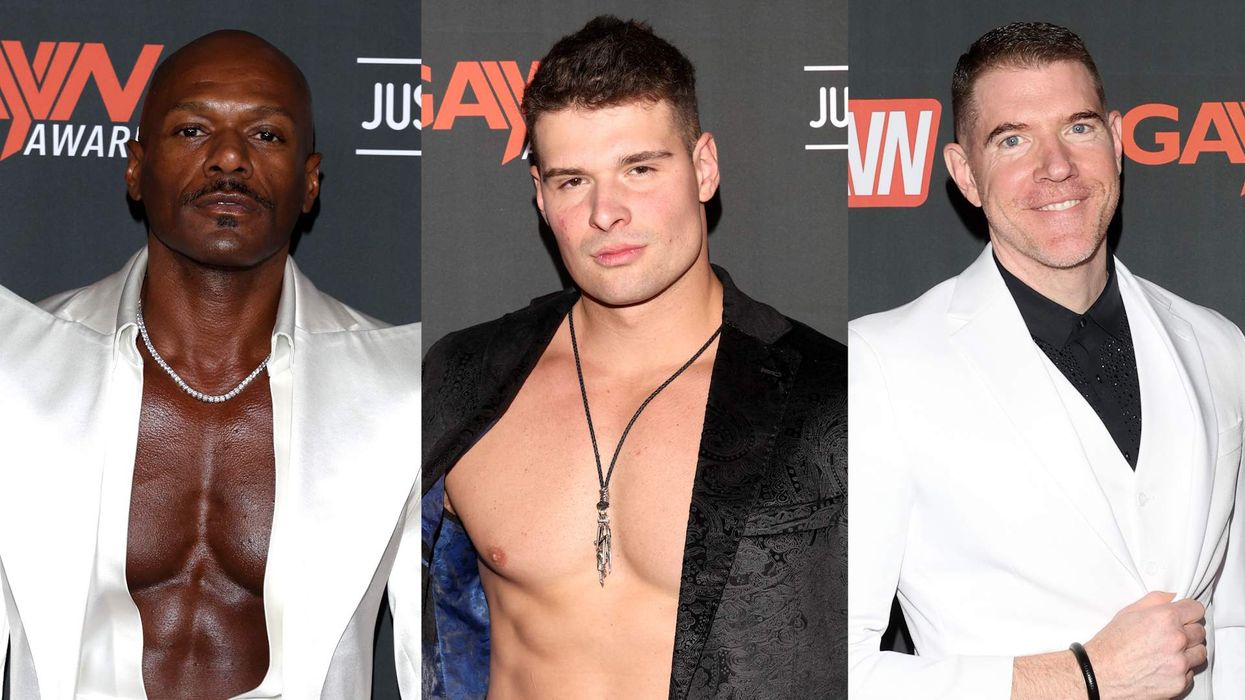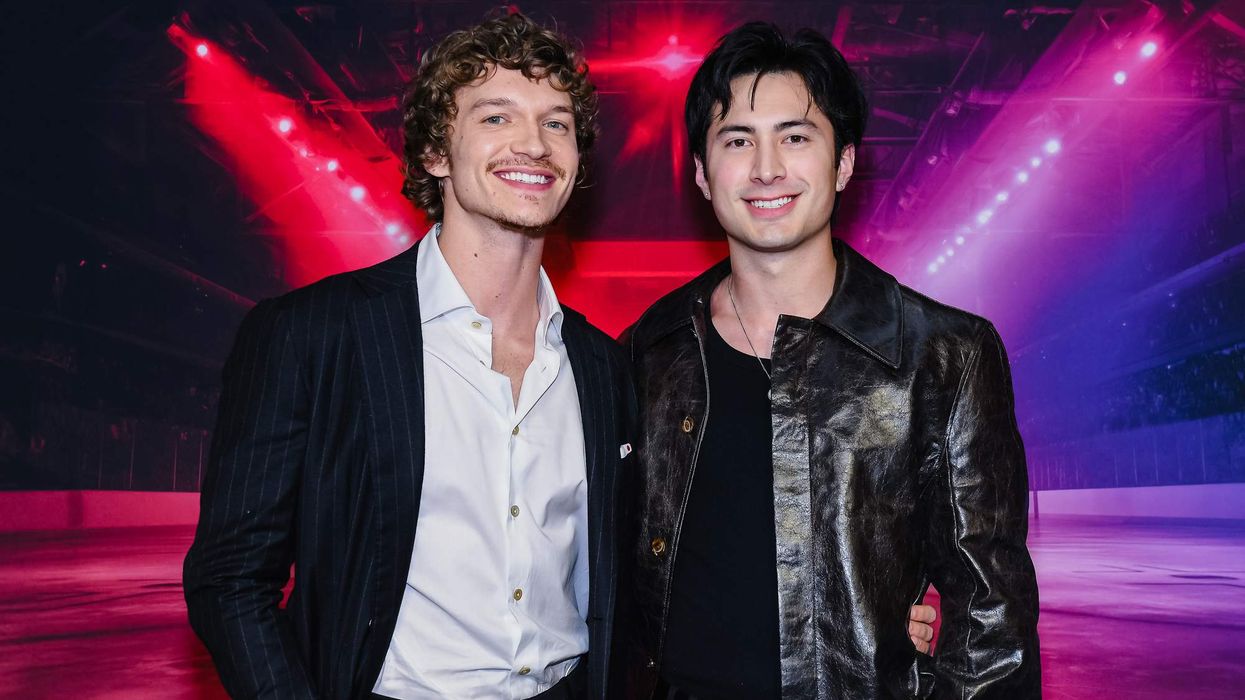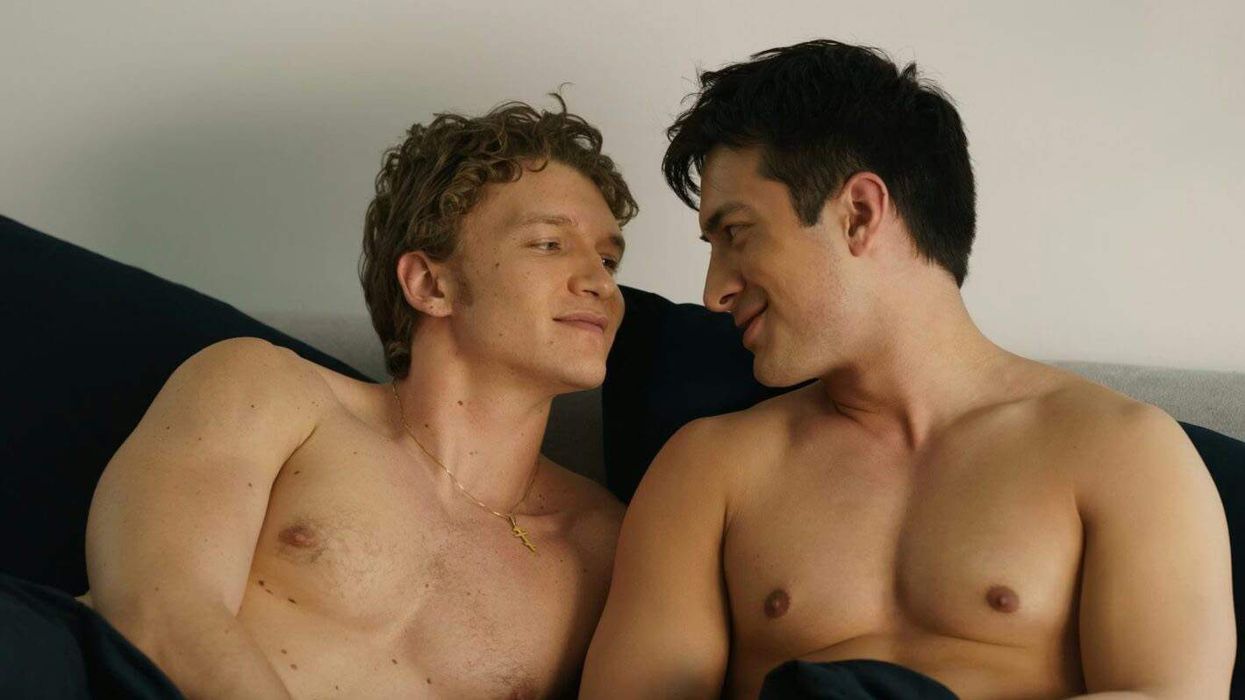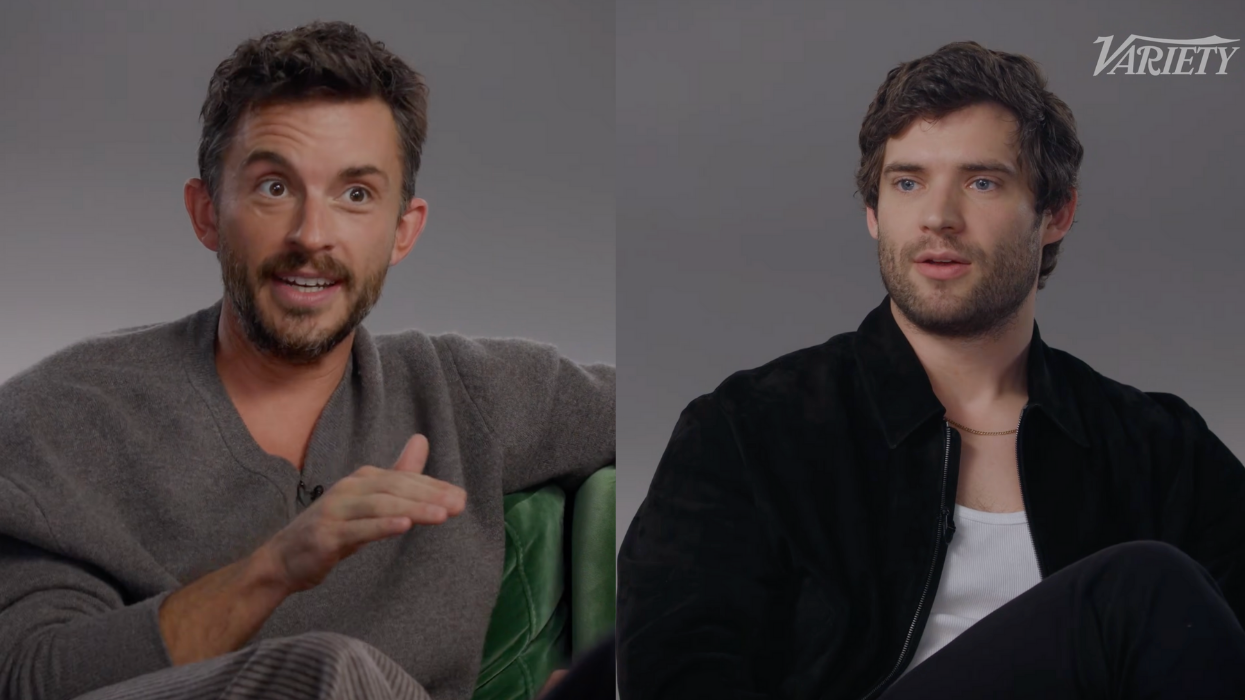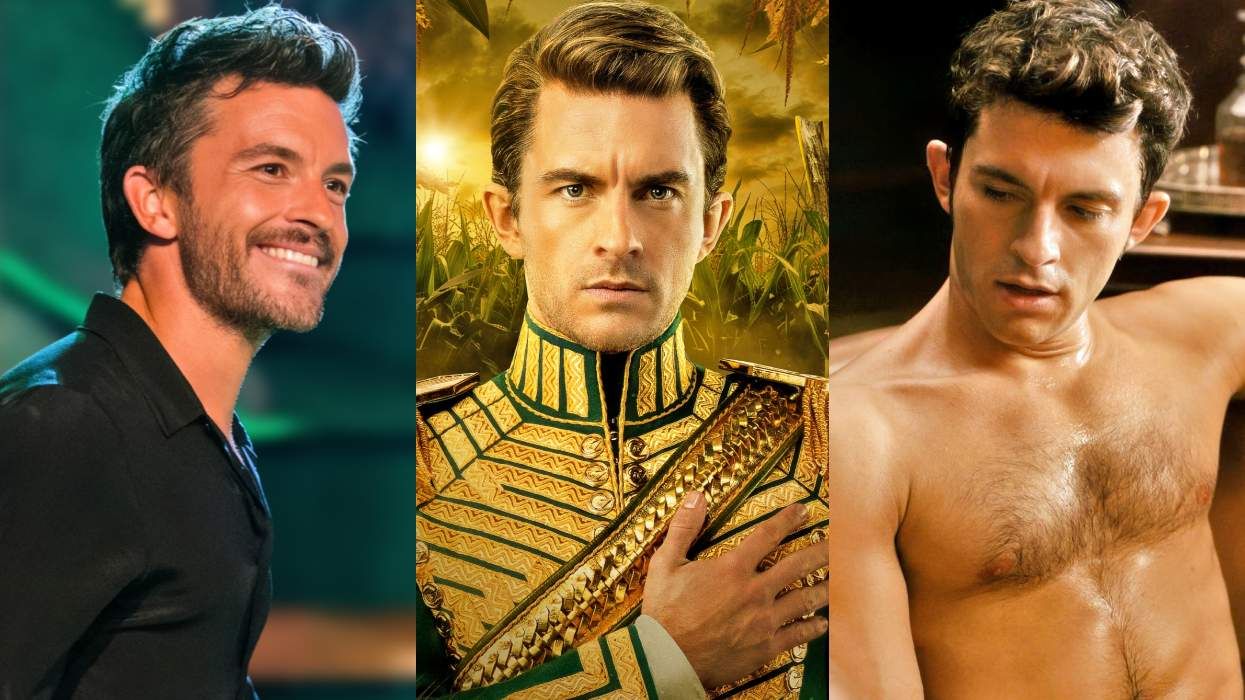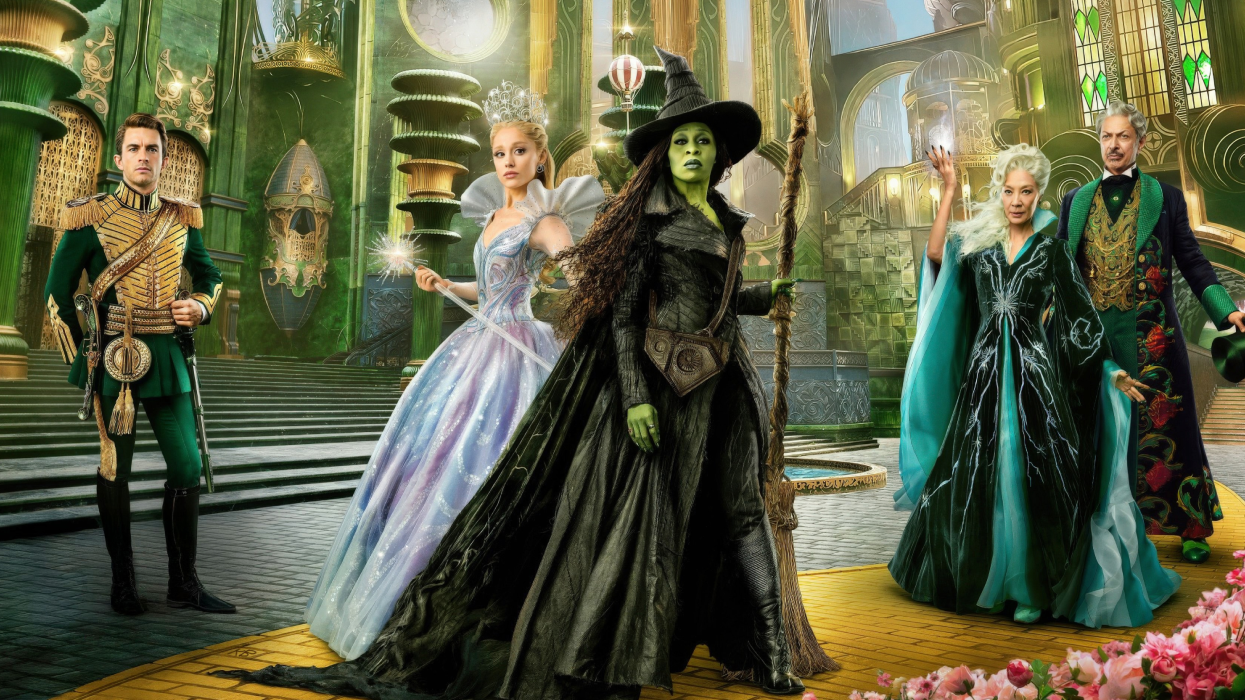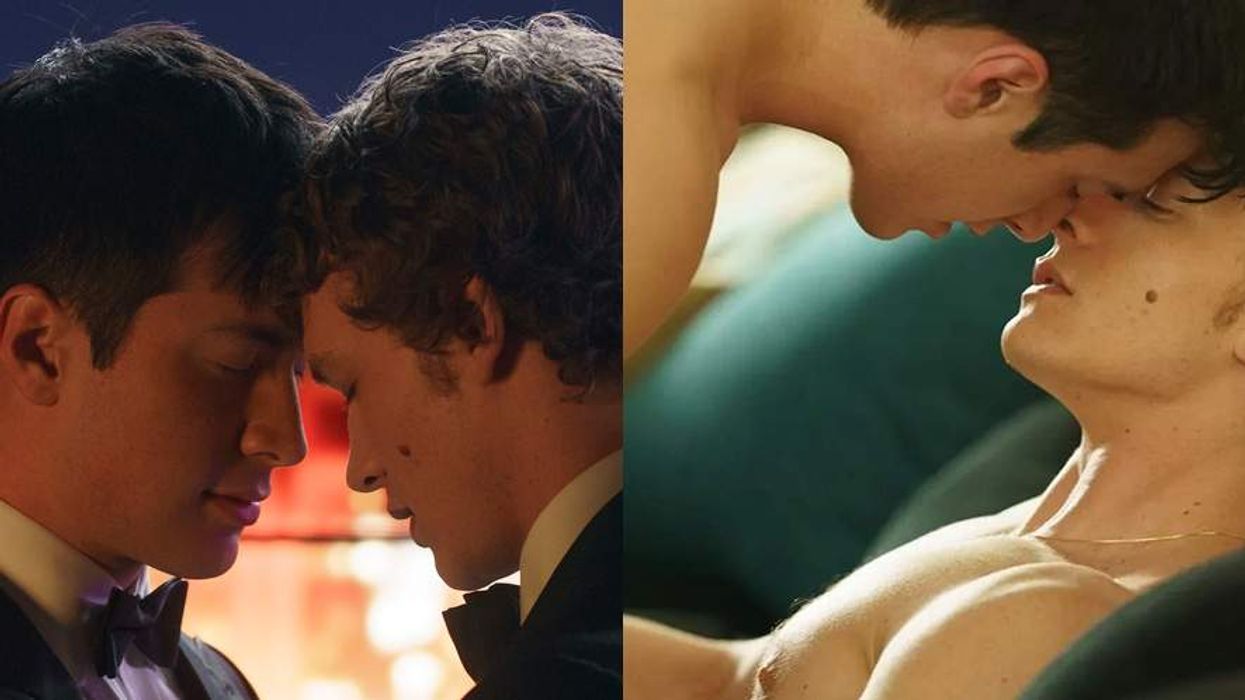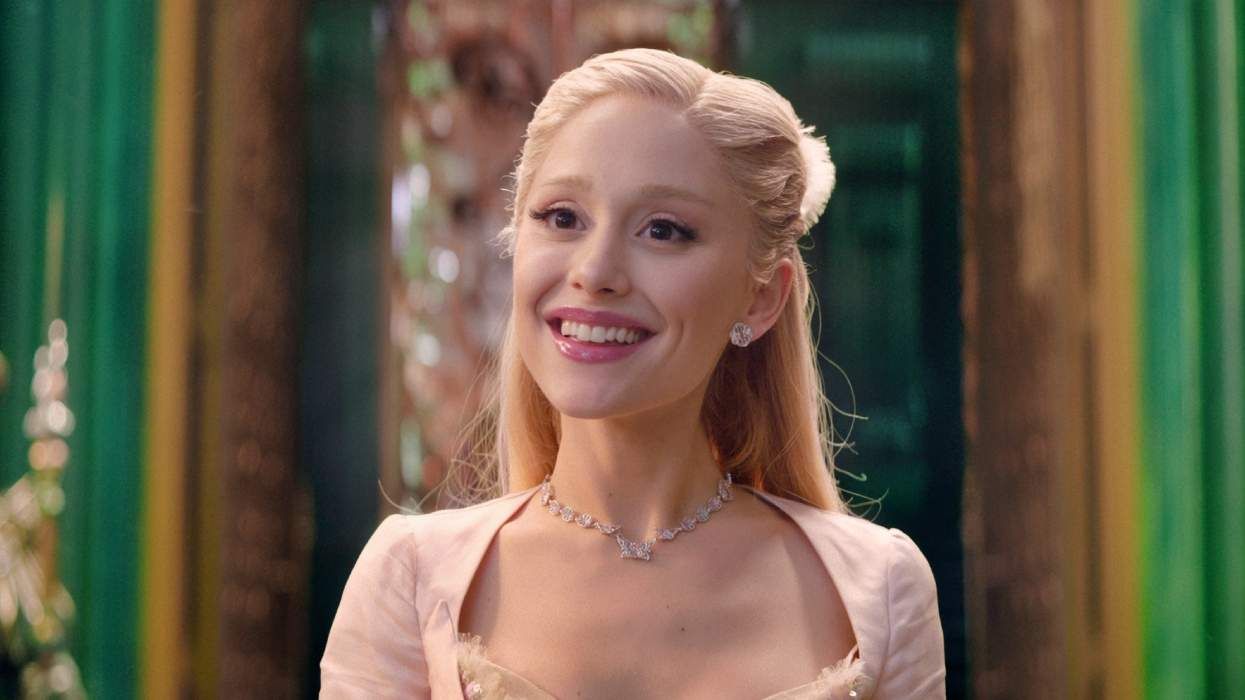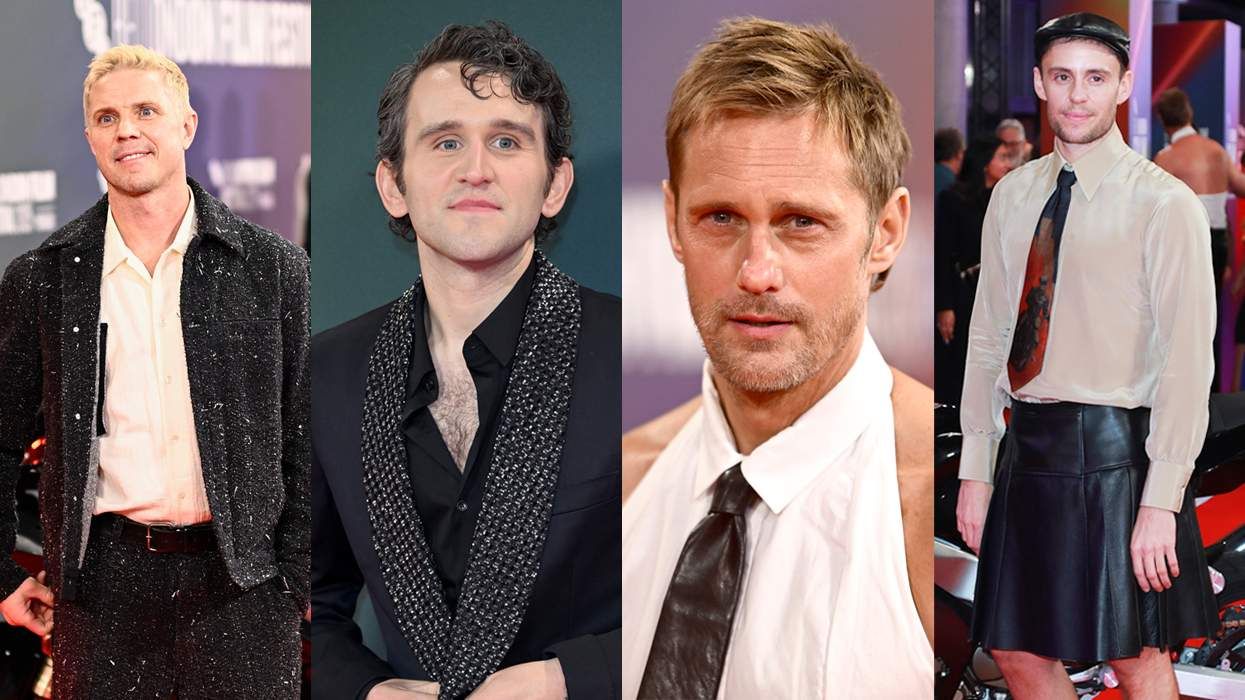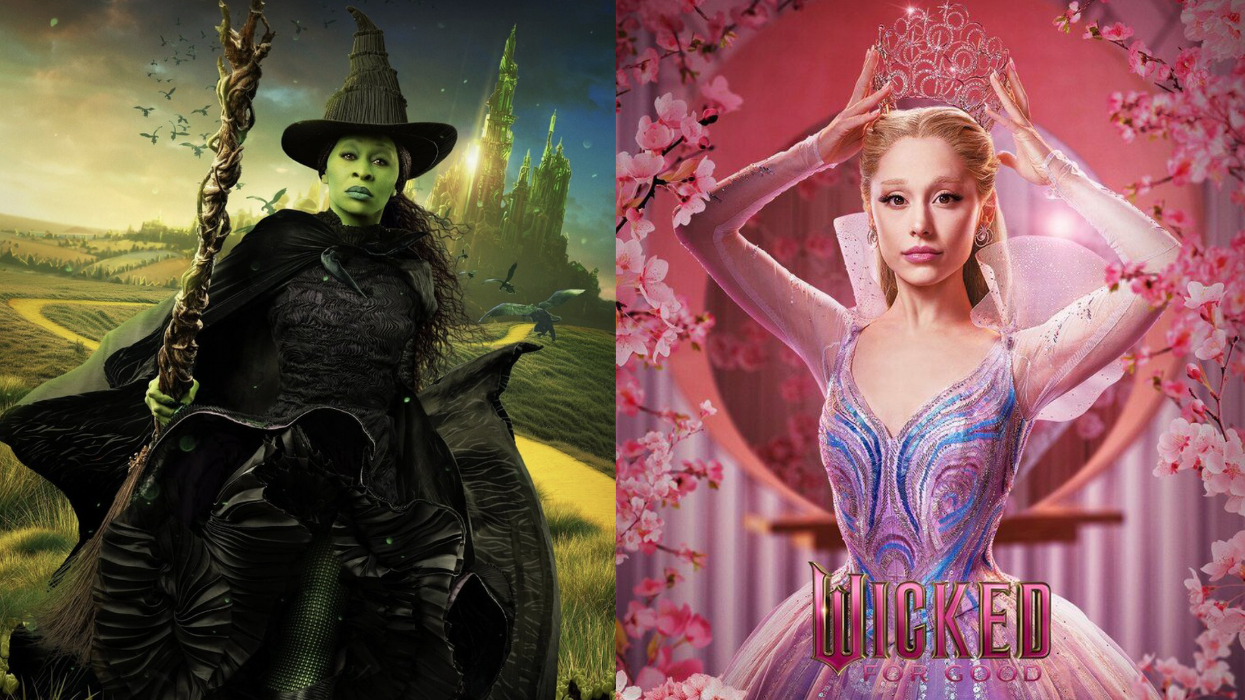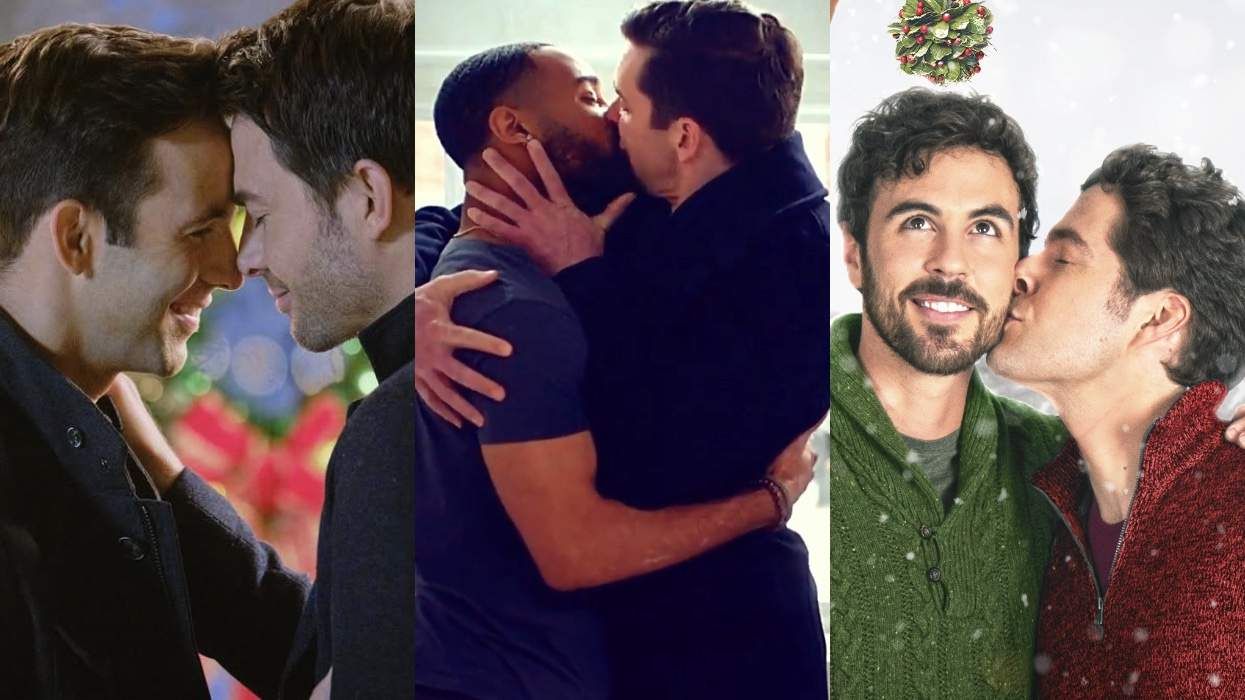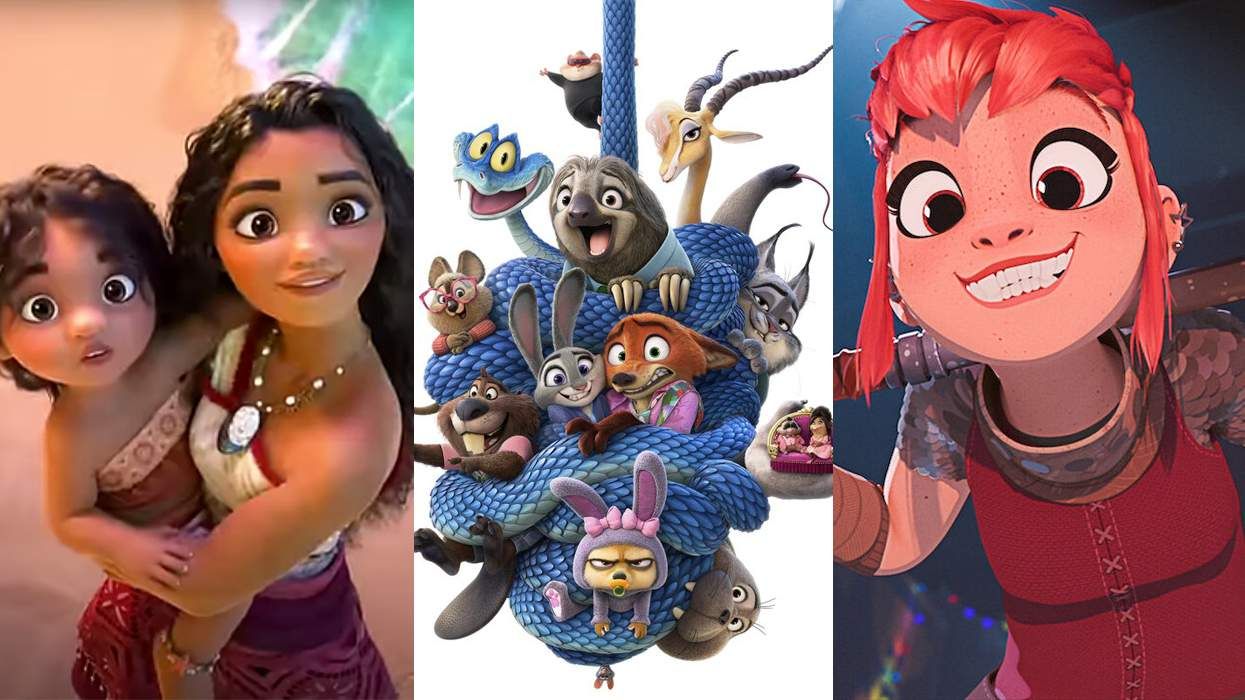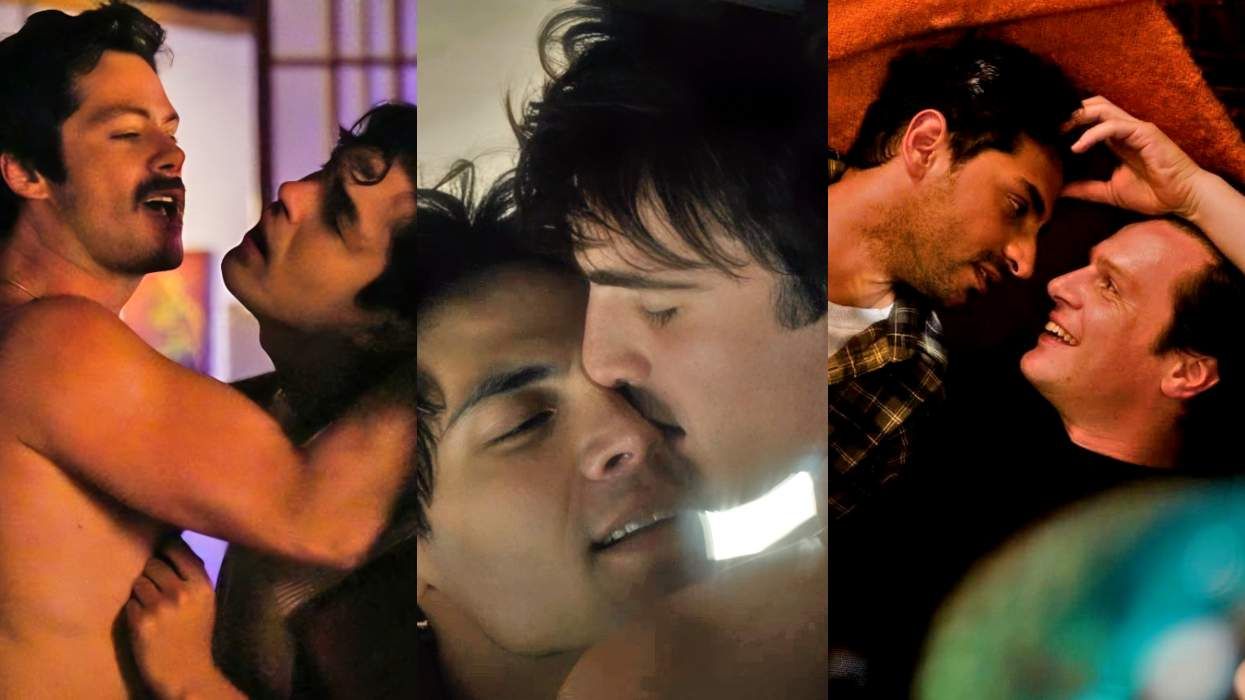Currently screening at this year's DOC NYC, No Look Pass is the coming-of-age-and-out story of Emily Tay, a shy Burmese-American senior at Harvard who also happens to be the star point guard on the Crimson's basketball team. The film follows Tay's search for her authentic self as she graduates and goes on to play professionally for a team in Germany, where she discovers her voice and falls in love with a woman in the United States military. Produced and directed by Melissa Johnson--herself a former Crimson basketball captain--the film captures Tay's everyday ups and downs shared with her light-hearted best friend and fellow teammate, as well as Tay's powerfully understated moments of candor. Of course, it also delivers plenty of b-ball action, including the Tay's signature "no look pass." Throughout, Tay struggles with pursuing her American Dream while remaining loyal to her traditional parents who migrated from Burma in 1980, who want their daughter to go to grad school and marry a rich husband (preferably, one of her mother's choosing). Out spoke with Johnson about Emily, her family, and the making of her first feature documentary.
Out: What inspired you to make this film?
Melissa Johnson: The whole process started when I was doing "Act As If," a short film about my former coach, Kathy Delaney-Smith. I had five minutes to pick players to interview for that film, so initially what caught my eye about Emily was her play. Besides witnessing her incredible basketball moves, I saw something in Emily that I believed could inspire other people. I walked away after hearing her story and saw No Look Pass in my mind. I knew I had to return to Harvard to film it.
When we began shooting, I was very impressed with how willing she was in taking all these personal risks with her family to come out in this way. At one point, she was having a sort of a meltdown and I asked her, "Hey, do we need to stop or pull back?" She said, "No. I know there's someone out there who needs to see my story, and that's going to make it all worth it." Hearing that was a huge motivation for me to do everything I could to tell this young woman's story in the most powerful, compelling, and sensitive way that I could. True to her, and true to her gravitas and irreverence. I knew that I was meant to do this.
It wasn't until nearly 20 minutes into the film that Emily finally reveals to us that she's gay. At that point, it was clear how painfully shy she was with the camera. Did that change over the course of the shooting?
Well, she definitely became more comfortable with the camera, and I hope you can see that in the film. She becomes more confident in the way she presents herself, the way she carried herself. To address your other point, yes, we waited over 18 minutes before revealing her sexuality, which was intentional: My editor and I decided we wanted to first peel back the layers of the onion and show you who she is. We wanted you to get to know her the way you would in real life.
How long did it take to shoot the film?
Almost three-and-a-half years. While we edited it as we went along, it took almost another six months to finish that process. It took about 300 hours of footage to produce our nearly 90-minute film. My editor, Amanda Hughes, and I work very well together. We have very different but complimentary styles. Since I knew the girls, I fell in love with so much of the footage. But Amanda kept saying, "No, more. We have to take out more."
Did your focus on the material change over the course of making the film?
As director I knew the material very well but, because I was also doing the jobs that other directors would normally delegate to interns, I was able to mold it and sculpt it as I went along. But the core of the film was always there. I really did set out and complete the film that I wanted from the beginning. I saw it very clearly.
While in Germany, Emily falls in love with Angela, a woman in the U.S. military during a time when "Don't Ask, Don't Tell" was still in effect. How concerned was she in appearing in the film, and what convinced her to participate?
Emily wrote to me and said, "Hey I met this great girl, and guess what? She's in the military, and she really wants to be interviewed by you on camera, but we're going to have to blur her face." Of course, I was willing to let her call the shots on that. So, we had her face blurred out--until three weeks before the world premiere, when Angela just decided that she had had it. She had dealt with a lot, had been blackmailed a few times, and had incredible anxiety. At one point, Emily was with Angela in her barracks, her issued housing, and the commanding officer came by unannounced. Emily had to literally hide in the closet.
That's funny. You know, I can see the attraction the two of them have. Both Emily and Angela have the ability to go into killer mode when in their uniforms, whether it's a basketball jersey or army fatigues.
Yes, both Emily and Angela are high-energy and are both stars in their own right. Emily's a nationally ranked basketball player and Angela is an unusually talented soldier and winner of what could be referred to as the Army Olympics. But neither of them is living their full self. Emily is in the closet with her family, and Angela is forced to hide because of DADT. I think that too was part of their mutual attraction.
What was your biggest challenge in making the film?
It was definitely my fear over what the film would do to the family and their relationships with one another, what would it mean when her parents watched the film or found out about it. I don't agree with these people regarding whom their daughter should love or how that should be approached, but I respect and admire them tremendously, and I don't see them as villains in any way, shape, or form. They come from a very different culture, and they're experiencing a culture clash with their daughter. They gave up everything to give her this dream, one that may not be playing out in all the ways they'd like. Sure, they love their daughter graduating from Harvard and her being so celebrated, but you can't control what or who your kids become.
Have you had any contact with other members of the family since the film?
No. I haven't spoken to them since we finished shooting the film. I told Emily that I wanted to support her in any way I could. But, as far as I know to this day, they haven't told her mom about her being gay. And as far as I know, they haven't seen the film and don't know whether they want to see it. I think it's my job to be really supportive of Emily and let her figure it out from there. And she's handling it. I think she's found that you can stand up for who you are and still love your parents.
At one point in the film, Emily cries as she speaks into the camera. Despite an apparent vulnerability, she speaks with a certain conviction we hadn't seen before. What was that moment like for you?
For me, it's the most powerful moment in the film, and definitely the most emotional moment to shoot. It was during our third trip to Germany, when we were getting our last footage, our last few games, and we're getting ready to shoot Emily, who was already old-shoe at this. We're ready to roll and I asked her a casual question: "So how's it going with your folks?" She suddenly burst into tears. You know, Documentary 101 says just to keep the camera rolling. However, Decent Human Being 101 says, if something feels wrong, just stop. I called cut and said, "Listen, this doesn't feel right to me. It seems like you're really not in a right way, and I think we should take a step back. We don't have to do this right now." But this is when Emily took the reins. "No, Melissa," she said. "I want to keep going. I need to say this at this moment and please turn the camera back on."
What do you hope viewers ultimately take away from your film?
I hope that all people, gay or straight, Burmese or not, whoever, can watch Emily's story and see someone who is struggling, someone who's really having a hard time discovering herself. Hopefully, people can watch her and find the courage to live the life that they imagine and say to themselves, "You know, this thing I want to take on terrifies me, but I'm going to go after it now and stop hiding." Because that's what I love about watching Emily, and hopefully that comes across in the film, that people will feel less alone with what they're dealing with. I think that's the fundamental reason why I made the film. It's all about trying to connect with people and help them to connect with one another and do different things. That matters to me. That's worth all that I put into it.



